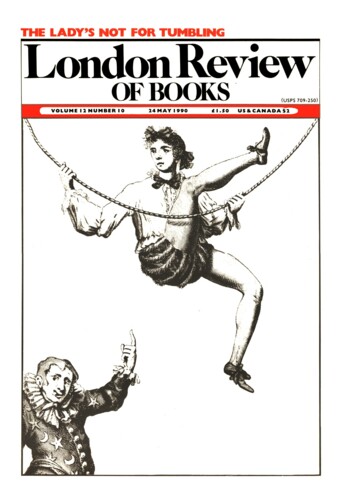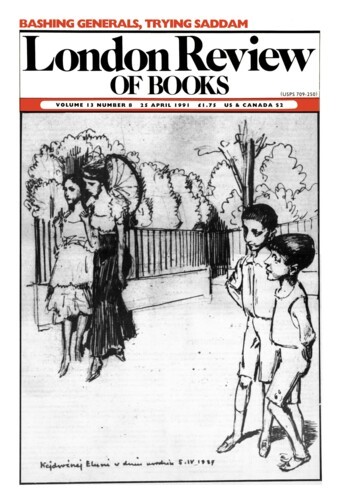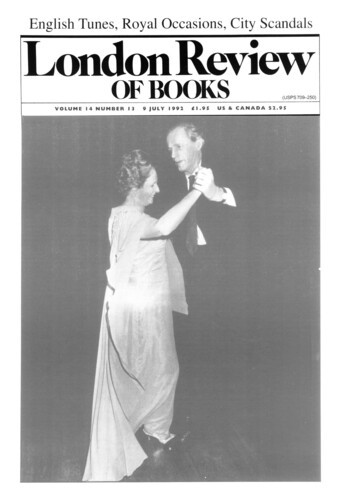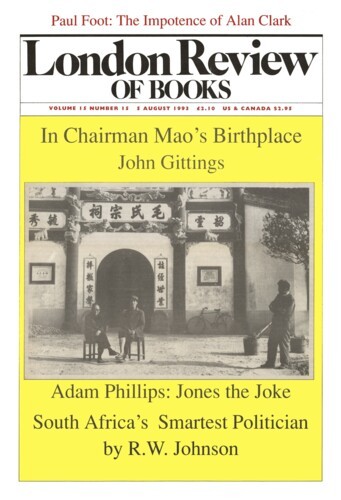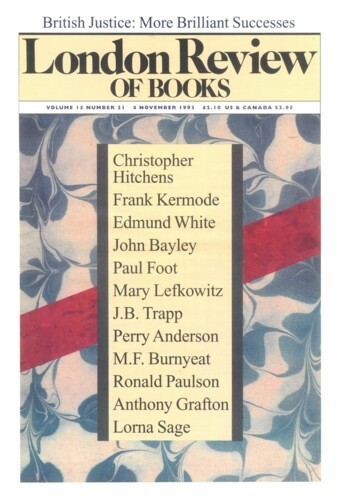War Poet
Robert Crawford, 24 May 1990
The finest poetry written by British citizens during the years 1939-45 was produced by T.S. Eliot and by Sorley MacLean. Each was a British citizen in a very different way. Eliot, more interested in assuming Englishness than Britishness, had already taken the un-English step of giving himself a written constitution (Royalist, Anglo-Catholic, Classicist), and gave over one of his three great war poems to the investigation and celebration of his American background. MacLean, a Gael born on the Hebridean island of Raasay in 1911, almost gave his life in the service of the British Crown when he was blown up by a land-mine at El Alamein in 1942; holding strong Communist and Scottish Nationalist views, he had decided he would fight because he was convinced Hitler would attack Russia, and because (as he wrote to MacDiarmid in 1941) his fear and hatred of the Nazis was greater than his hatred of ‘the English Empire’.
